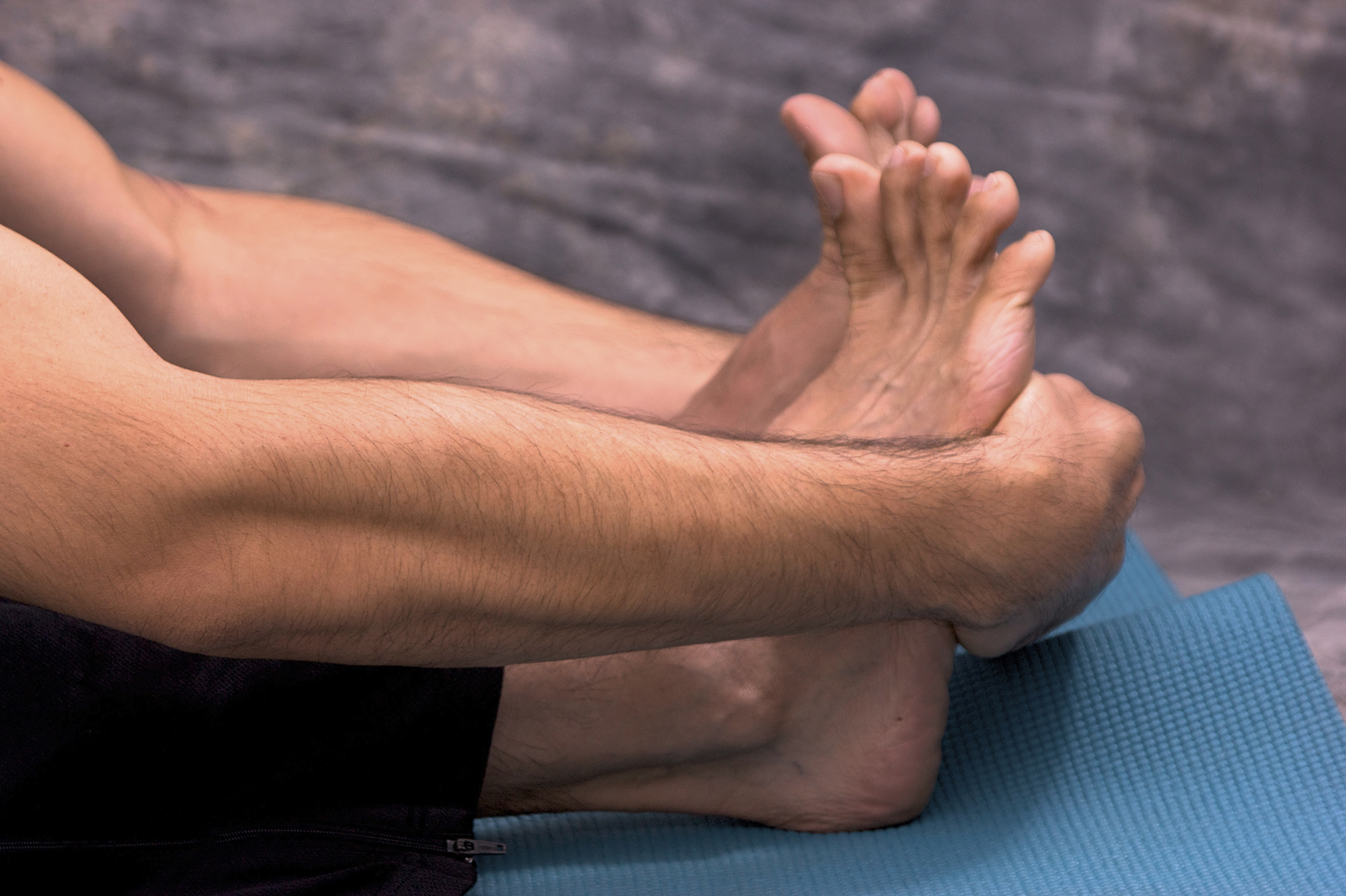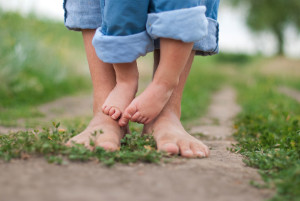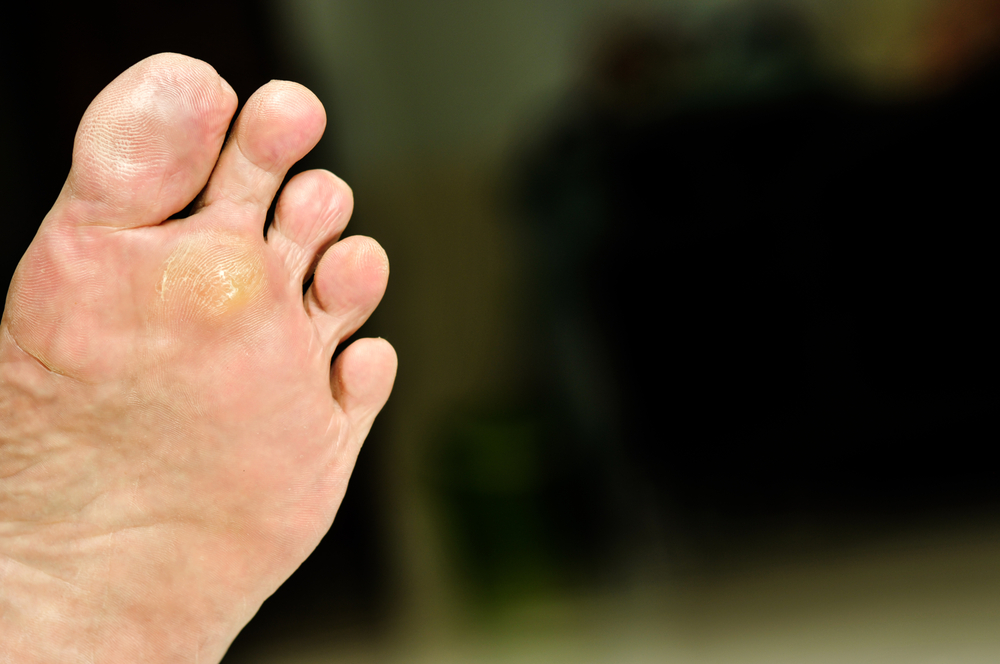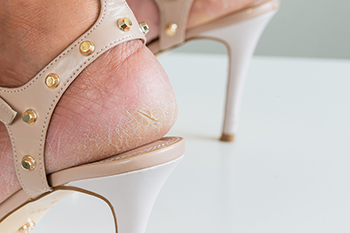Items filtered by date: April 2023
Soothing Foot Stretches

Individuals might choose to stretch their feet for any number of reasons. This is because stretching the feet offers a range of different health benefits. For example, some individuals opt to incorporate foot stretches into their daily health routine because they can increase flexibility, mobility, and range of motion in the feet. Additionally, others choose to stretch their feet because of the soothing capacity of the stretches. In other words, stretching the feet can soothe pain. Pain felt from plantar fasciitis in particular can be soothed by performing certain foot stretches. Rolling the bottoms of the feet on a frozen water bottle can effectively stretch out and soothe the plantar fascia. If you are someone that wants to soothe foot pain through stretches, it is suggested that you contact a podiatrist for treatment.
Stretching the feet is a great way to prevent injuries. If you have any concerns with your feet consult with one of our podiatrists from Geller Foot Clinic. Our doctors will assess your condition and provide you with quality foot and ankle treatment.
Stretching the Feet
Being the backbone of the body, the feet carry your entire weight and can easily become overexerted, causing cramps and pain. As with any body part, stretching your feet can serve many benefits. From increasing flexibility to even providing some pain relief, be sure to give your feet a stretch from time to time. This is especially important for athletes or anyone performing aerobic exercises, but anyone experiencing foot pain or is on their feet constantly should also engage in this practice.
Great ways to stretch your feet:
- Crossing one leg over the others and carefully pull your toes back. Do 10-20 repetitions and repeat the process for each foot
- Face a wall with your arms out and hands flat against the wall. Step back with one foot and keep it flat on the floor while moving the other leg forward. Lean towards the wall until you feel a stretch. Hold for 30 seconds and perform 10 repetitions for each foot
- Be sure not to overextend or push your limbs too hard or you could risk pulling or straining your muscle
Individuals who tend to their feet by regular stretching every day should be able to minimize foot pain and prevent new problems from arising.
If you have any questions, please feel free to contact our office located in Lathrup Village, MI . We offer the newest diagnostic and treatment technologies for all your foot care needs.
Changes in Children's Feet

Children’s feet differ greatly from adult feet. When comparing the two, the shapes are different. In the first year, the cartilage is soft, and there are additional fat pads on the soles. This can give the feet added flexibility that may diminish as one ages and the bones become stronger. Research has shown it may be beneficial for the child to walk barefoot while indoors, which may help to strengthen the overall foot. It is desirable for children to wear shoes while walking outside, and this can help to protect the feet. When it is time for the first pair of shoes to be purchased, many parents will buy shoes that are lightweight and have flexible soles. A child’s foot changes during the first five years. It is helpful to properly measure their feet often during this time, as different size shoes are often needed. Many parents notice the average life of a pair of shoes is approximately four months, and this can vary, depending upon the quality of the shoes. If you have questions about your child’s foot health, it is suggested that you consult with a podiatrist who can provide you with the knowledge you are seeking.
The health of a child’s feet is vital to their overall well-being. If you have any questions regarding foot health, contact one of our podiatrists of Geller Foot Clinic. Our doctors can provide the care you need to keep you pain-free and on your feet.
Tips for Keeping Children's Feet Healthy
- Make sure their shoes fit properly
- Look for any signs of in-toeing or out-toeing
- Check to see if they have Clubfoot (condition that affects your child’s foot and ankle, twisting the heel and toes inward) which is one of the most common nonmajor birth defects.
- Lightly cover your baby’s feet (Tight covers may keep your baby from moving their feet freely, and could prevent normal development)
- Allow your toddler to go shoeless (Shoes can be restricting for a young child’s foot)
- Cut toenails straight across to avoid ingrown toenails
- Keep your child’s foot clean and dry
- Cover cuts and scrapes. Wash any scratches with soap and water and cover them with a bandage until they’ve healed.
If you have any questions, please feel free to contact our office located in Lathrup Village, MI . We offer the newest diagnostic and treatment technologies for all your foot care needs.
Plantar Warts or Corns?

Plantar warts and corns are two distinct, yet similar, foot conditions that often get confused with one another. Plantar warts are growths on the feet spread by the human papillomavirus, whereas corns are thickened areas of the skin that grow in response to pressure. In order to determine whether an area of the feet is technically a plantar wart or a corn, a medical professional may examine the location of the affected area of the skin. For example, corns are usually adjacent to bones whereas this is not always necessarily the case with a plantar wart. Also, a medical professional may perform a squeeze test where the sides of the affected skin are gently squeezed together. If the patient feels no pain, this might mean that they have a corn rather than a plantar wart. If you believe that you might have a plantar wart or a corn, it is suggested that you contact a podiatrist for treatment.
Plantar warts can be very uncomfortable. If you need your feet checked, contact one of our podiatrists from Geller Foot Clinic. Our doctors will assist you with all of your foot and ankle needs.
About Plantar Warts
Plantar warts are the result of HPV, or human papillomavirus, getting into open wounds on the feet. They are mostly found on the heels or balls of the feet.
While plantar warts are generally harmless, those experiencing excessive pain or those suffering from diabetes or a compromised immune system require immediate medical care. Plantar warts are easily diagnosed, usually through scraping off a bit of rough skin or by getting a biopsy.
Symptoms
- Lesions on the bottom of your feet, usually rough and grainy
- Hard or thick callused spots
- Wart seeds, which are small clotted blood vessels that look like little black spots
- Pain, discomfort, or tenderness of your feet when walking or standing
Treatment
- Freezing
- Electric tool removal
- Laser Treatment
- Topical Creams (prescription only)
- Over-the-counter medications
To help prevent developing plantar warts, avoid walking barefoot over abrasive surfaces that can cause cuts or wounds for HPV to get into. Avoiding direct contact with other warts, as well as not picking or rubbing existing warts, can help prevent the further spread of plantar warts. However, if you think you have developed plantar warts, speak to your podiatrist. He or she can diagnose the warts on your feet and recommend the appropriate treatment options.
If you have any questions please feel free to contact our office located in Lathrup Village, MI . We offer the newest diagnostic and treatment technologies for all your foot and ankle needs.
Summer and Winter Months May Cause Cracked Heels

The winter months can cause the skin on the heels to become dry and ultimately crack. It can cause pain and discomfort, and deep cracks which are known as fissures, may bleed and become infected. Cracked heels can also develop during the summer months, and this may be a result of wearing shoes that have an open back, such as flip-flops or sandals. Additionally, there may be existing medical conditions that can cause cracked heels. These can include eczema and psoriasis, which may cause a lack of moisture in the skin. The moisture levels in the skin may also be affected by using hot water from taking a hot shower. Replenishment of these levels can increase by drinking plenty of water daily, in addition to consuming hydrated foods. People who have diabetes may be prone to developing cracked heels. Neuropathy, which is a common condition among diabetic patients, may cause the skin to lose moisture, possibly resulting in this uncomfortable foot condition. If you have developed cracked heels, it is suggested that you consult with a podiatrist who can help you to find permanent relief, by possibly prescribing medicine.
If the skin on your feet starts to crack, you may want to see a podiatrist to find treatment. If you have any concerns, contact one of our podiatrists from Geller Foot Clinic. Our doctors can provide the care you need to keep you pain-free and on your feet.
Cracked Heels
It is important to moisturize your cracked heels in order to prevent pain, bleeding, and infection. The reason cracked heels form is because the skin on the foot is too dry to support the immense pressure placed on them. When the foot expands, the dry skin on the foot begins to split.
Ways to Help Heal Them
- Invest in a good foot cream
- Try Using Petroleum Jelly
- Ease up on Soaps
- Drink Plenty of Water
Ways to Prevent Cracked Heels
- Moisturize After Showering
- Skip a Shower
- Keep Shower Water Lukewarm
- Don’t Scrub Your Feet
If you are unsure how to proceed in treating cracked heels, seek guidance from a podiatrist. Your doctor will help you with any questions or information you may need.
If you have any questions, please feel free to contact our office located in Lathrup Village, MI . We offer the newest diagnostic and treatment technologies for all your foot care needs.

